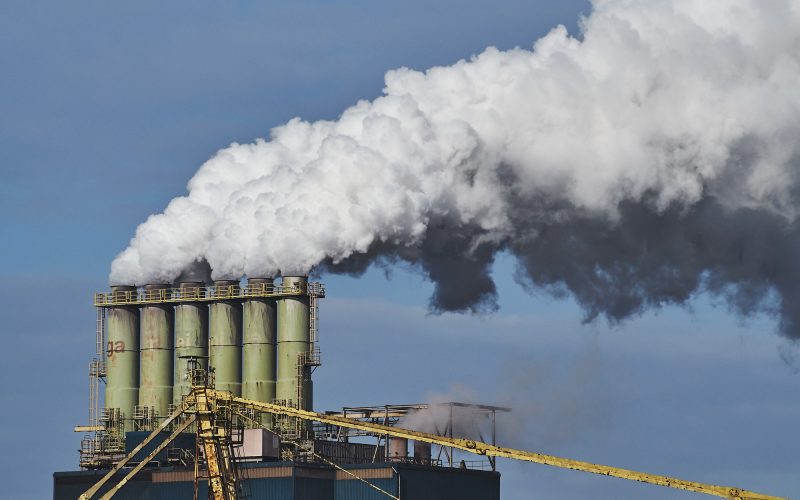New York state will impose $75 billion in fines on fossil fuel companies over the next 25 years to cover the costs of climate-related damage, under a landmark bill signed into law by Governor Kathy Hochul. The legislation aims to shift the financial burden of climate recovery and adaptation from taxpayers to oil, gas, and coal companies deemed responsible for contributing to global warming.
“With nearly every record rainfall, heatwave, and coastal storm, New Yorkers are increasingly burdened with billions of dollars in health, safety, and environmental consequences due to polluters that have historically harmed our environment,” Governor Hochul said.
The funds raised will support projects mitigating climate impacts, including adapting roads, transit systems, water and sewage infrastructure, buildings, and other critical assets.
“The Climate Change Superfund Act is now law, and New York has fired a shot that will be heard round the world: the companies most responsible for the climate crisis will be held accountable,” said New York Senator Liz Krueger, a Democrat and co-sponsor of the bill.
Fossil fuel companies will be fined based on their greenhouse gas emissions from 2000 to 2018, with payments directed to a Climate Superfund starting in 2028. The law applies to companies that the New York Department of Environmental Conservation identifies as responsible for more than 1 billion tons of global greenhouse gas emissions.
Modeled after existing state and federal superfund laws requiring polluters to clean up toxic waste, New York’s law follows a similar measure passed in Vermont earlier this year, making it the second state to enact such legislation.
Senator Krueger highlighted the urgency of the law, noting that New York faces more than $500 billion in costs to repair damage and adapt to extreme weather by 2050. She pointed out that major oil companies, which collectively made over $1 trillion in profits since January 2021, have known since the 1970s that fossil fuel extraction and combustion contribute to climate change.
However, the legislation has drawn criticism from industry groups. Ken Pokalsky, Vice President of the Business Council, argued that it unfairly singles out energy companies while ignoring society’s historical reliance on fossil fuels. “The narrative that this presents is the cause of climate change is solely the fuel industry and major businesses,” Pokalsky said.
Energy companies are expected to challenge the law in court, arguing that it is pre-empted by federal regulations governing energy companies and pollution. Despite this, proponents of the legislation view it as a pivotal step in holding polluters accountable and funding climate resilience efforts.





















